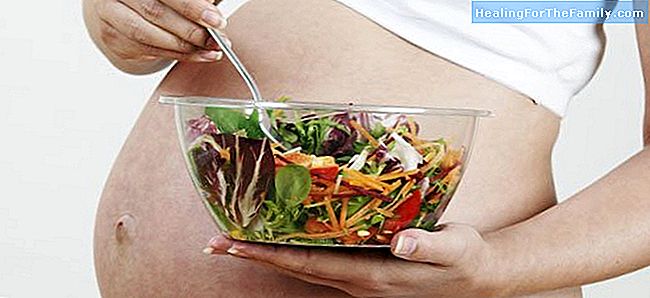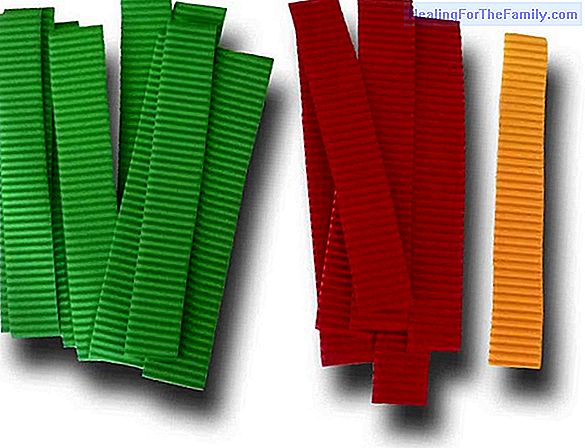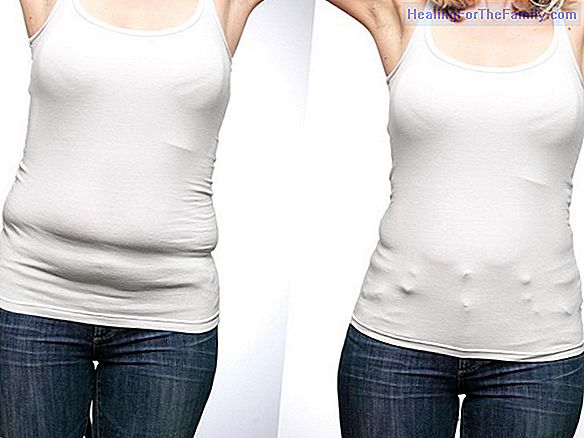Diuretic foods during pregnancy
Fluid retention in pregnancy usually affects, to a greater or lesser extent, almost all women. As the pregnancy progresses, it usually becomes more intense, especially in the third trimester, and may continue after delivery, until the body returns to normal. Edema in general is caused by fluid reten
Fluid retention in pregnancy usually affects, to a greater or lesser extent, almost all women. As the pregnancy progresses, it usually becomes more intense, especially in the third trimester, and may continue after delivery, until the body returns to normal.
Edema in general is caused by fluid retention and increased pressure in the veins, due to increased blood volume, and usually worsens when fatigue is reported and when temperatures are high. Are there any foods that help alleviate this problem? Symptoms of fluid retention in the pregnant woman
The ankles are usually the most affected, although edema of the fingers, face and lower part of the back may occur with some frequency. Apart from improving symptoms once they appear, certain measures can be taken to prevent fluid retention and the appearance of edema or at least minimize it.

On the other hand, due to the increase in blood volume during pregnancy, the balance between sodium and potassium levels can be compromised, and therefore favor the retention of fluids inside the cells. The cells maintain a correct water balance through osmoregulation, that is, balancing the electrolytes on both sides of the cell wall. To maintain this balance,
it is advisable to ensure that the potassium levels are appropriate and are in balance with the sodium levels. Diuretic and sodium-rich foods for pregnant women
1. Foods rich in potassium:
The sodium intake does not usually cause problems, rather it is usually done in excess, so it is convenient to include foods rich in potassium in the diet. They are rich in potassium, in addition to bananas, vegetables such as Swiss chard and spinach, Brussels sprouts or cabbage, mushrooms in general and potatoes. 2. Vegetables:
Some foods favor the renal function, being able to help to eliminate the water and waste products that accumulate in the urine, reducing the possibilities of inflammation. Among these foods are vegetables such as celery, pumpkin, asparagus and green beans and green leafy vegetables, such as spinach and Swiss chard. Also fruits such as citrus, grapes, pineapple and all varieties of apples. In addition to these, garlic and onion also have diuretic properties, so they can be added to the usual dishes. 3. Liquids:
The intake of liquids, especially water, either natural or in the form of infusions, favors their flow in the body, so that retention also decreases. Although it seems contradictory that water intake has this function, this is because water is the vehicle for eliminating the waste products of cells. 4. Vitamin C:
They also favor the elimination of liquids or decrease their retention foods rich in vitamins C and E. They are rich in vitamin C, for example, citrus fruits and strawberries, and some vegetables such as broccoli, tomatoes and peppers. Vitamin E, being a fat-soluble vitamin, is found in considerable amounts in olive oil and other vegetable oils and in nuts. Although fluid retention seems inevitable in the third trimester of pregnancy, following an appropriate diet can help to reduce it and even prevent its appearance in a healthy and natural way.












